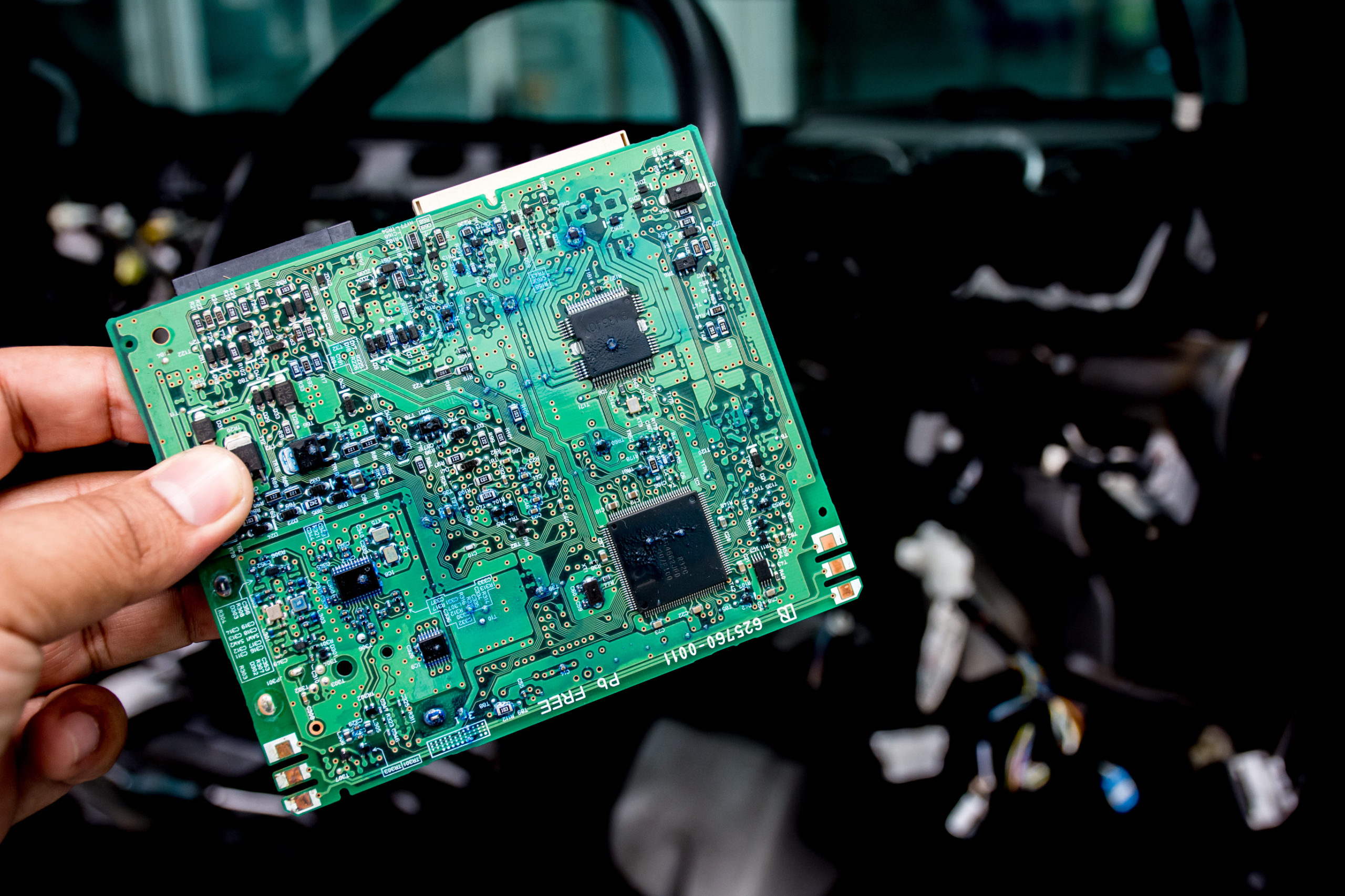In a move that flies in the face of our new telecommuting-heavy culture, TSMC will apparently be prioritizing automobile chip production as we move into 2021. This news comes from the Taiwan Economics Ministry (via Reuters) and was announced a day after a meeting between Minister Wang Mei-hua and the company’s senior executives.
While TSMC told the minister that its production capacity is currently full, it also noted that it will “optimize” chip production to hopefully free up capacity, and that it will prioritize auto chip production if that capacity opens up.
“Other than continuously maximizing utilization of our existing capacity, Dr. Wei also confirmed in our investors’ conference that we are working with customers closely and moving some of their mature nodes to more advanced nodes, where we have better capacity to support them,” TSMC told Reuters in a statement, referring to comments TSMC CEO C.C. Wei made in an earnings call earlier this month.
“If production can be increased by optimizing production capacity, it [TSMC] will cooperate with the government to regard automotive chips as a primary application,” the Taiwan Economics Ministry added.
According to Reuters, much of the pressure for this decision comes from German Economy Minister Peter Altmaier, who requested in a letter to Wang that Taiwan help ease a shortage of semiconductor chips in the auto sector, as the shortage is stalling Germany’s pandemic recovery.
We’re uncertain yet how much of a problem this presents for computer enthusiasts. While companies like AMD and Nvidia rely on TSMC to produce their chips, TSMC’s comments about “moving some of their mature nodes to more advanced nodes” implies that the company may find some way to continue to move forward on new projects with these partners. At the very least, current capacity will not be affected.
Intel, notably, also relies on its own fabs to produce its chips (at least for now), and while that has come back to bite the company before, it also leaves it largely unaffected by decisions such as these.
Nvidia and Intel also have fingers in the car market, so it’s unlikely that this decision would hurt either company’s revenue that much.
The key deciding factors here are how long this shift in priorities will last and how demanding it will be, however. TSMC is set to spend $28 billion building its capacity this year, meaning the company may well be able to meet both its automotive and computing clients without much hassle.
After all, auto chips in 2020 only accounted for 3% of TSMC’s sales. Granted, the first half of the year saw reduced orders from automotive clients, but even a 27% auto chips sale jump in the second half of the year could not push auto chips above the 3% mark on total TSMC sales.
“They dropped their orders due to various reasons when demand was low amid the pandemic,” a senior Taiwan government official told Reuters. “But now they want to boost their production.”
But with current sales so low, is it even possible to boost it enough to make tech enthusiasts start sweating?
